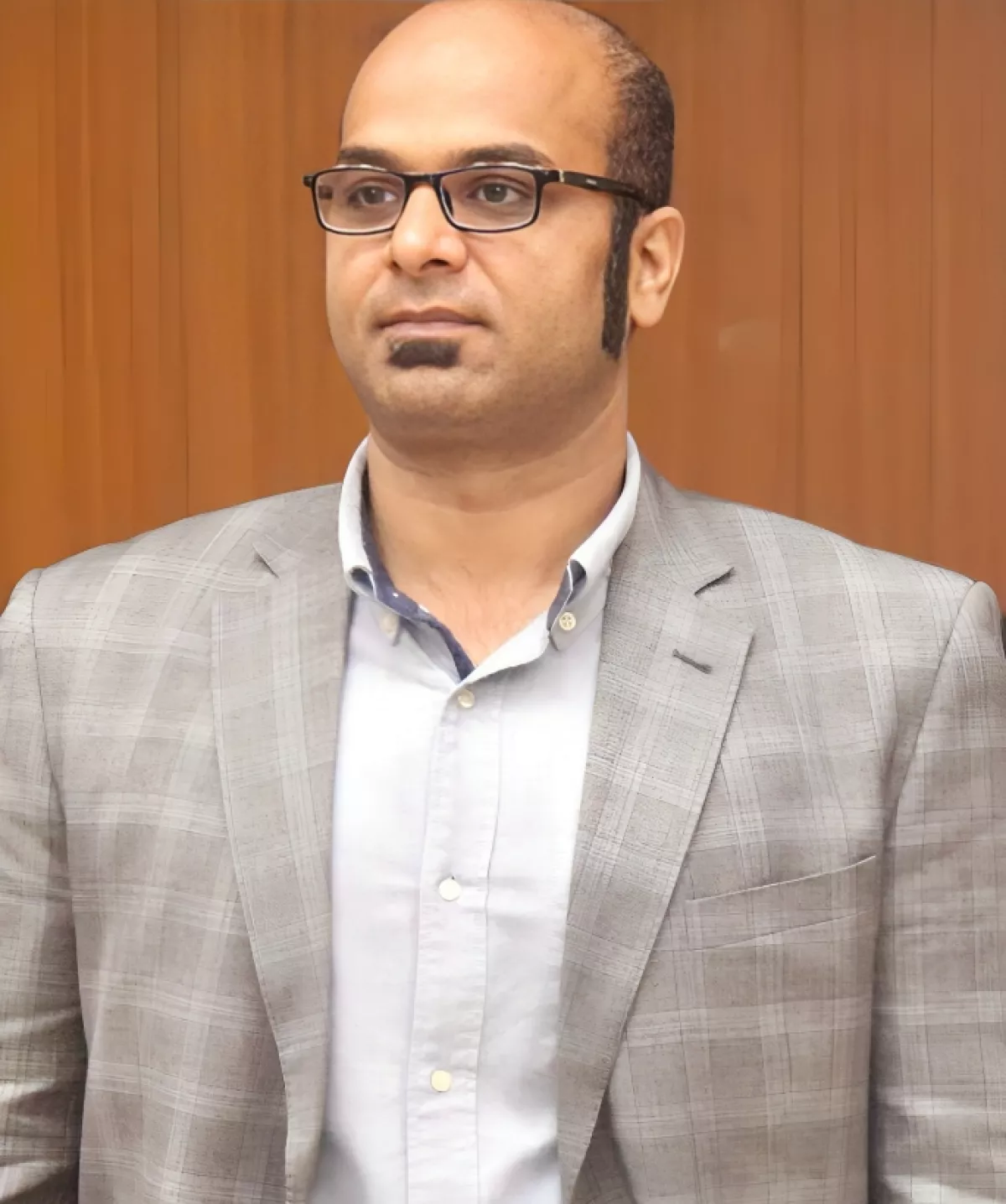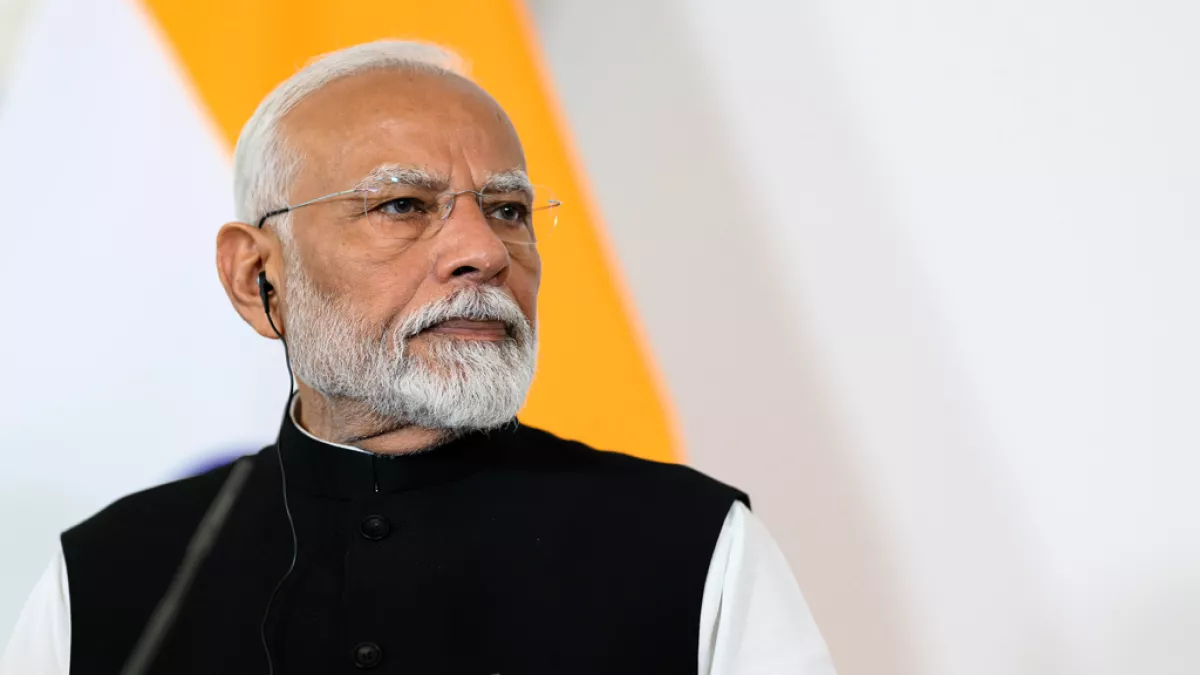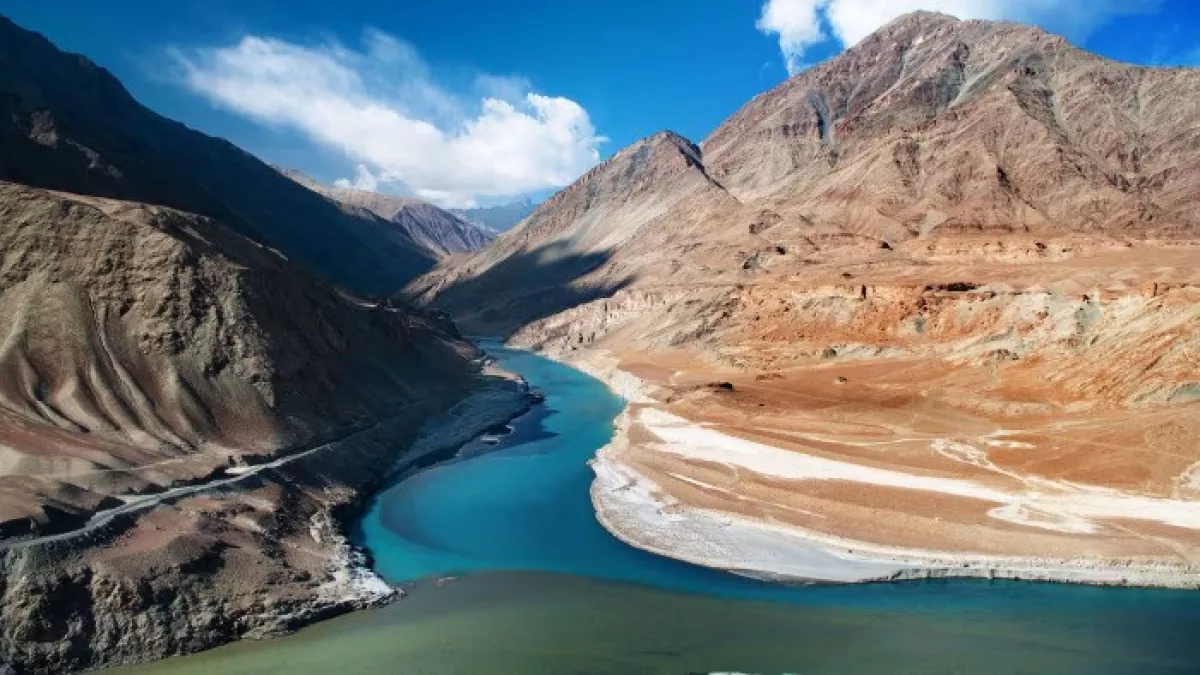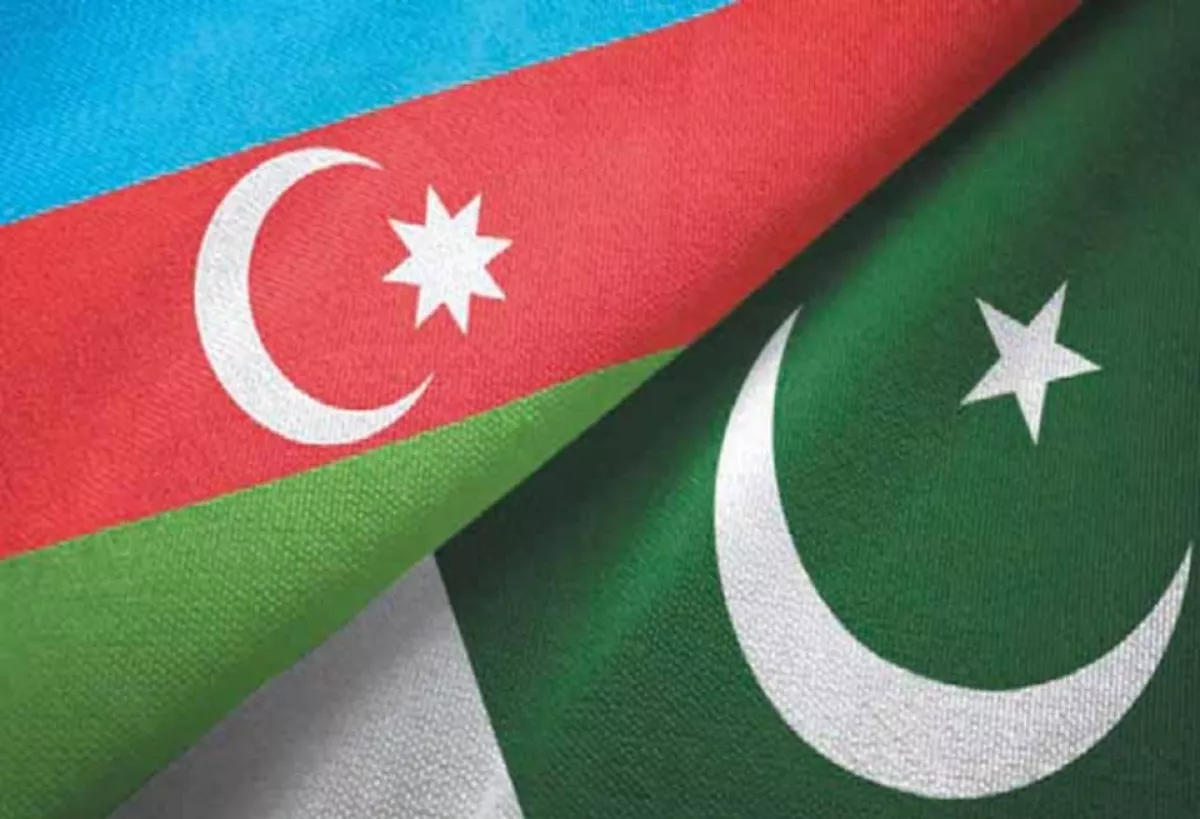Pakistan calls for peace, India fuels war rhetoric Caliber.Az talks to Islamabad analyst
In the aftermath of the recent terrorist attack in Pahalgam, located in Indian-administered Kashmir, tensions between India and Pakistan have sharply escalated. While New Delhi has levelled accusations against Islamabad for alleged involvement, the Pakistani government has denied any connection and instead called for a neutral, third-party investigation to clarify the facts.
In an exclusive interview with Caliber.Az, Dr Attiq Ur Rehman, Assistant Professor at the National University of Modern Languages in Islamabad, provided insights into Pakistan's official stance, the regional implications of the crisis, and the broader strategic landscape of South Asia.

Dr Rehman noted that “the Government of Pakistan has clarified its position on the tragic terrorist incident that occurred in the Indian-occupied areas of Kashmir, while simultaneously condemning all forms of terrorism in the region.” Emphasising the country's principled opposition to violence against innocents, he added: “Guided by its religious ideology, the country's top leadership has opposed the killing of innocent people, in accordance with the fundamental teachings of Islam.”
Pakistan, he said, has offered cooperation to India in holding “an impartial investigation into the matter, rather than engaging in the traditional blame game,” urging for constructive engagement over hostile rhetoric.
Discussing the rhetoric emerging from India’s political landscape and media, Dr Rehman observed a growing trend of militaristic discourse: “The statements of Indian political leaders and the mainstream media debates on various Indian channels have shaped a specific public narrative across the country, which has begun pressuring the central government to consider military options.” He added that this sentiment has been amplified by Prime Minister Narendra Modi’s actions, particularly his move to grant operational freedom to the Indian armed forces.

On how Islamabad is preparing to respond, Dr Rehman stressed that while Pakistan remains committed to peace, it will not hesitate to defend itself. “The Islamabad-based leadership has reached a consensus on the recent situation, expressing support for the broader goal of regional peace and stability, while maintaining a posture of strategic restraint that could shift in case of any act of aggression.” He warned that “any provocation will be met with a strong and appropriate response.”
The risk of escalation remains a serious concern, but Dr Rehman argued that nuclear deterrence continues to play a stabilising role in South Asia. “Deterrence plays a central role in South Asian regional politics, where the strategic rivalry between two neighboring nuclear powers consistently prevents the escalation into full-scale military conflict.” Citing historical precedent, he added, “a brief analytical survey suggests that a full-scale military conflict between two nuclear-armed states would be disastrous for the entire region, with inevitable spillover effects beyond South Asia.”
Amid the escalating rhetoric, Islamabad has stepped up diplomatic efforts. According to Dr Rehman, “the formal government authorities and mainstream political leadership of Pakistan have intensified their diplomatic efforts in response to the recent India-Pakistan crisis.” He emphasised the importance of international engagement: “The involvement of the international community, particularly through multilateral cooperation frameworks such as the United Nations, has consistently been valuable for Islamabad in mitigating regional tensions.”

Further complicating the situation is India’s recent move to suspend the Indus Waters Treaty (IWT), a longstanding water-sharing agreement between the two countries. Dr Rehman called this a “unilateral and illegal act of New Delhi,” asserting that “the suspension of the treaty not only violates the terms of the formal agreement but also reveals New Delhi’s covert intentions to undermine Pakistan’s agricultural growth.”
Turning to the domestic drivers of foreign policy, Dr Rehman highlighted contrasting political approaches in both capitals. “Islamabad has opted to adopt a logically convincing and impartial stance, rooted in its demand for an independent investigation into the matter,” he said. “Whereas the Indian political narrative has heightened tensions by fueling nationwide anti-Pakistani sentiments and aligning this rhetoric with New Delhi’s broader international campaign to stigmatise Pakistan’s image.”
The broader regional ramifications are also significant, particularly in the context of Chinese involvement in South Asian development and trade. Dr Rehman explained that “the rise of such aggressive political narratives from New Delhi complicates the region’s economic development potential supported by China.” He also noted that “several South Asian countries—such as India, Sri Lanka, Afghanistan, and especially Pakistan—are beneficiaries of Chinese trade,” which could be disrupted if tensions escalate further.

Finally, Dr Rehman commented on the role of Azerbaijan and Türkiye, two countries with which Pakistan has deepening strategic ties. “The roles of Azerbaijan and Türkiye in South Asian regional affairs are particularly significant for Pakistan, as the governments of these three countries have recently made notable progress in strategic cooperation—exemplified by the joint military exercise ‘Three Brothers 2021.’” He suggested that leaders from Baku and Ankara “could play a more influential role in mitigating South Asian regional tensions by adopting certain practical, non-traditional measures,” especially in support of the Kashmiri Muslim community.
With contributions from Sabina Mammadli








